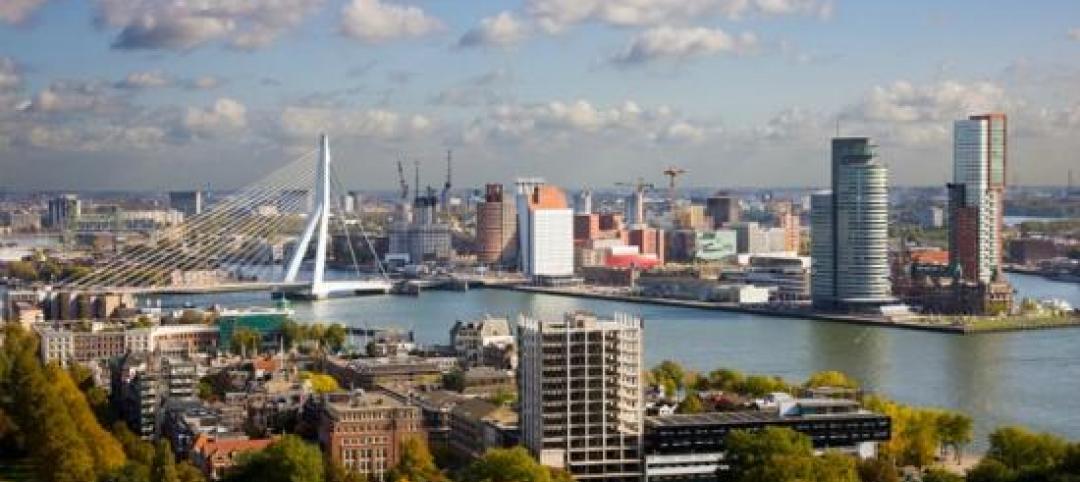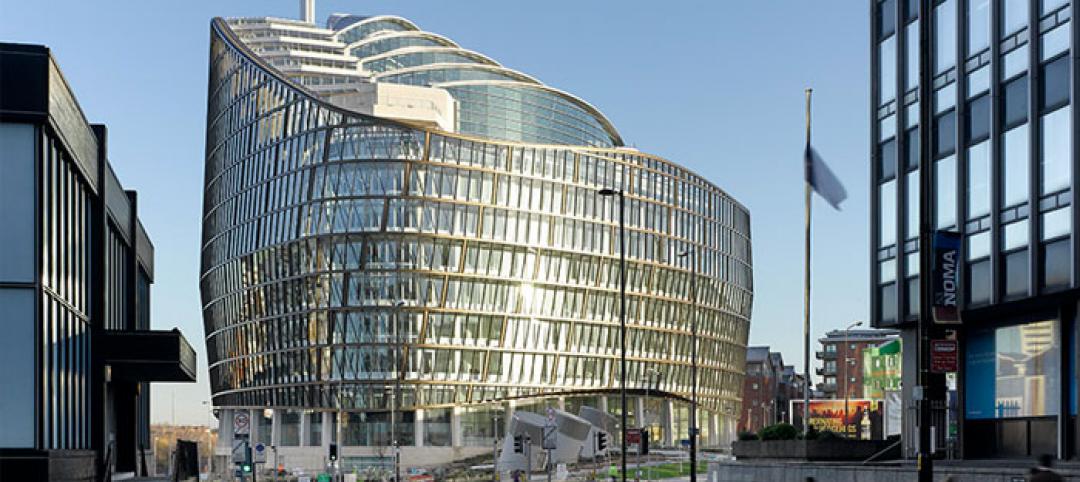There is significant popular support for community solar projects in the U.S., but opposition by utilities and some legislative restrictions are holding back their development.
Nearly 1,600 community solar projects, sometimes called “solar gardens,” are operating nationwide. Most are operating in Minnesota, Massachusetts, New York, and Colorado.
The Biden administration continues to support a $15 million Energy Department initiative to expand the number of solar gardens, particularly in low- and moderate-income neighborhoods. At the state level, though, where regulators set the power rules, interest groups are fighting over what defines community solar and who should generate it.
Utilities say having too many players could unravel regulatory structures that assure power grid reliability and warn of more disasters such as last winter’s deadly blackout in Texas. Some regulations, such as one in Minnesota that restricts ratepayers from subscribing to solar gardens only in their county or an adjacent one, have unintended consequences. The Minnesota rule means the heavily populated Twin Cities region has many potential subscribers but lacks space for gardens. On the other hand, rural areas have ample room for installations but fewer buyers for the energy.
Related Stories
| Dec 4, 2013
Rotterdam resiliency policies include floating neighborhood
The low-lying city of Rotterdam in the Netherlands is a world leader in storm resiliency with policies that impact businesses, private homes, and public infrastructure.
| Dec 4, 2013
Meet the 'world's greenest building': One Angel Square
The 500,000 sf, 14-story One Angel Square in Manchester, England, is being promoted as "the most environmentally-friendly building in the world."
| Dec 3, 2013
Architects urge government to reform design-build contracting process
Current federal contracting laws are discouraging talented architects from competing for federal contracts, depriving government and, by inference, taxpayers of the best design expertise available, according to AIA testimony presented today on Capitol Hill.
| Nov 27, 2013
ASHRAE data center standard open for public review
Standard 90.4P, Energy Standard for Data Centers and Telecommunications Buildings, is being developed in response to requests to recognize the energy performance profiles unique to data centers.
| Nov 27, 2013
Ohio legislators move to ban use of LEED on public construction
Two Ohio state senators have introduced legislation that seeks to ban the use of LEED in public construction.
| Nov 27, 2013
ASTM issues revised standard on phase I environmental site assessments
ASTM has issued revised standard ASTM E1527-13 that governs phase I environmental site assessments.
| Nov 27, 2013
Vancouver, B.C., bans doorknobs in building code update
The goal of making it easier for people to age in place led to amendments to Vancouver, B.C.’s building code including banning doorknobs in favor of lever handles.
| Nov 22, 2013
Kieran Timberlake, PE International develop BIM tool for green building life cycle assessment
Kieran Timberlake and PE International have developed Tally, an analysis tool to help BIM users keep better score of their projects’ complete environmental footprints.
| Nov 20, 2013
WDMA receives final approval on code amendments
The Window and Door Manufacturers Association (WDMA) was granted final approval of several amendments it proposed to the 2015 editions of the International Residential Code (IRC), International Energy Conservation Code (IECC), and International Existing Building Code (IEBC).
| Nov 20, 2013
Safe Jobs Act would provide more protection for New York City construction workers
Legislation that would require safety training for construction workers on public projects in New York City has been introduced to the City Council.











